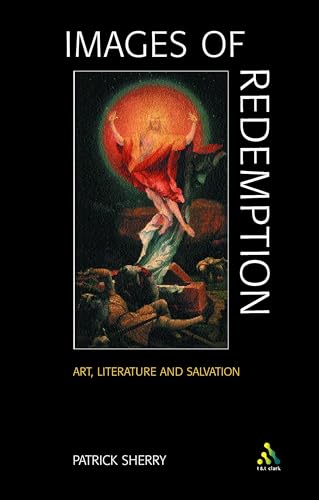SEEING WITH NEW EYES: COUNSELING AND THE HUMAN CONDITION THROUGH THE LENS OF SCRIPTURE
Written by David Powlison Reviewed By Steve TimmisIt is only occasionally that a book comes across your desk that convinces you that, ‘People must read this’. This is such a book. It is a book about counseling, but counselling with a clear and unambiguous conviction about the singular relevance of the Word of God to human condition. It encourages a robust confidence in the Bible to speak into the lives of fragile people living in a fractured world. For Powlison, the Bible is not a mere text book or reference work, but a two-edged sword wielded by Holy Spirit that cuts to the heart, exposes our sin for what it is (the sin beneath our sin), and then speaks the healing gospel word so that we love God as we were made to love him.
It does not say all that needs to be said on the subject. There are at least two more to follow that will build on this. Seeing With New Eyes builds the conceptual framework and the others will look at the methodological, institutional and apologetic components of biblical counselling.
Powlison is the editor of the Journal of Biblical Counselling. He is committed to the nouthetic approach popularised by Jay Adams in the 1970s. Powlison has built upon the work of Adams, and the result is more nuanced, sensitive and biblically thoughtful approach that gets to the heart of the issues we all face.
Part 1 looks in some detail at Ephesians, Psalms 131 and 110 and Luke 12. The approach to the text is an exercise in Practical Theology. Scripture is taken and used to answer our questions. Powlison argues that this is Paul’s modus operandi in Ephesians for example, and not only may we do it, we must do it.
There is much in Powlison’s textual analysis that is refreshing. The most powerful aspect is his theocentricity. His aim is to turn us to God-in Christ. He knows the gospel, and sees more clearly than many the on-going pertinence of it to our lives. There is a danger in allowing our questions to be too significant, but Powlison manages to avoid this and lets the text speak powerfully on its own terms.
Part 2 looks at real life problems and works hard at identifying the motivational question beneath our attitudes and actions. Powlison engages with other approaches to counselling, and is bold in his critique of them. He exposes the weaknesses in a number of counselling techniques that operate under the label ‘Christian’.
One section which is particularly apposite in western culture is entitled, ‘What Do You Feel?’ Powlison rightly sees the ruling status the words ‘I feel’ have in our individual and collective hearts. He attempts to undermine them in order to release us from their tyranny, and enable us to love God. For example, when addressing anger he writes:
I acknowledge anger in order to examine it in God’s light. In all likelihood l will learn about my self-righteousness, my god playing, my demands. I will be brought to my need for God’s grace in Jesus Christ (213).
Perhaps a book review is not complete without highlighting at least one negative aspect. I would have to say that the style is not always easy. The book is a compilation of essays and articles written over a 20 year period, and despite editorial attention it sometimes lacks cohesion. However, even as I write this sense I am nit-picking!
Evangelicals, particularly in the UK, need to rediscover the craft of counselling along with a renewed confidence in the gospel to address the basic issues of life. People are often acutely aware of their own fragility and struggle with sin whether they recognise it as that or not. If they are to be persuaded not to turn to those who will merely massage their aches and so conceal their condition, we need to respond to them with the truth as it is in Christ.
Seeing With New Eyes is Applied Theology of the highest order. It is not an easy read because it cordons off all the escape routes we instinctively head down when our sin is exposed. But it is a book characterised by both sanity and godliness!
Steve Timmis
Sheffield







